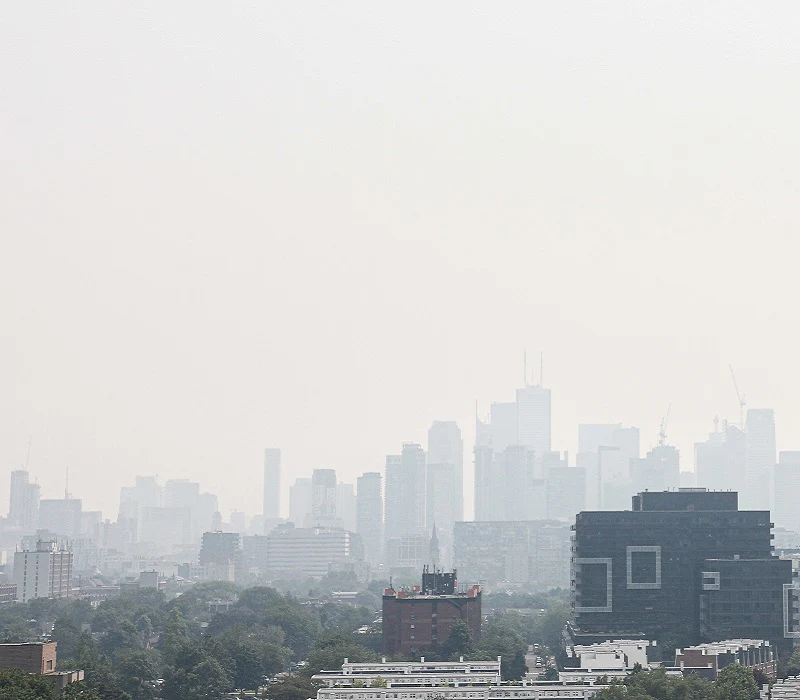Kuwait City has been classified as the most polluted city in the world today, with an Air Quality Index (AQI) surpassing 200—a level deemed “very unhealthy” by environmental experts. Authorities are warning residents of serious health risks, urging caution, especially for children, the elderly, and those with pre-existing respiratory or cardiovascular conditions.
Health and Safety Recommendations
Residents are advised to:
- Limit outdoor activities and avoid strenuous exercise.
- Wear protective masks when outdoors.
- Use air purifiers indoors and ensure proper ventilation.
- Monitor daily air quality updates from local health agencies.
Causes of the Smog
Environmental specialists attribute the hazardous air conditions to a combination of factors:
- Heavy vehicle emissions and dense traffic.
- Industrial activity and ongoing urban construction.
- Seasonal dust storms from neighboring deserts, which exacerbate pollution levels.
Impact on Health
Prolonged exposure to very high AQI levels can lead to respiratory issues, eye irritation, and aggravation of pre-existing conditions, health officials warn. Immediate precautions are essential to minimize health risks during this period of severe pollution.
Authorities Take Action
The Kuwaiti government continues to monitor air quality in real time and has pledged measures to mitigate the impact on public health. Initiatives include raising awareness about pollution risks and issuing guidance on safety precautions.
Looking Ahead
Experts emphasize that long-term solutions will require sustainable urban planning, investment in green technologies, and regional cooperation to address cross-border pollution. Reducing emissions from vehicles and industries, along with proactive environmental strategies, will be crucial to improving Kuwait City’s air quality in the years ahead.

